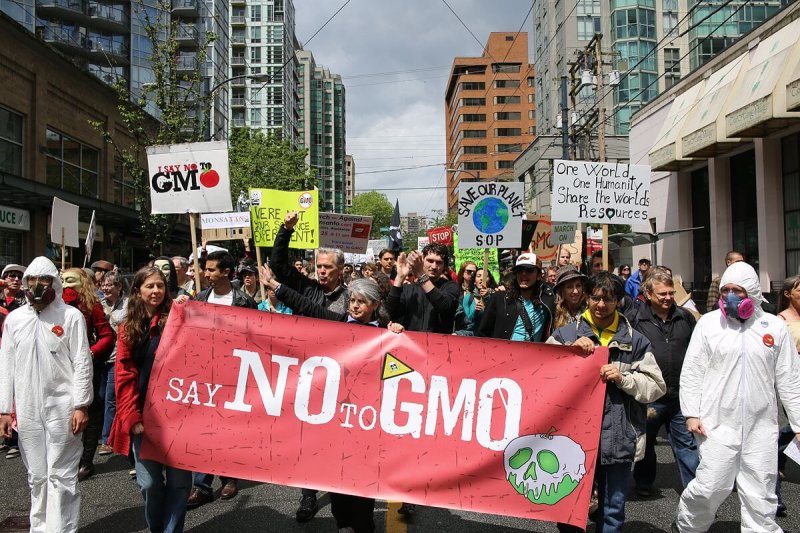Authorities in North America and Europe, in particular, are fighting [a] tide of anti-vaccination sentiment as the death toll and hospital caseloads mount. There is even a startlingly high level of vaccine reluctance evident among medical professionals who are on the front lines of the fight against COVID-19. It is entirely irrational, but nonetheless real.
One possible factor that I have not seen mentioned – but which may deserve to be part of the conversation – is the role of an often cynical, years-long campaign to raise suspicions about genetically modified agricultural products. This campaign had roots in European protectionism and global anti-corporatist and socialist economic theory. Those involved told consumers that they should demand to know when their foods might contain, or even have been in contact with, genetically modified organisms. The implication was that ingesting GMOs might be bad for you and the people you love.
[I]t is hardly surprising that a significant slice of the public is suspicious of any lab-created product that uses genetic instructions to accomplish its goal. The benefits of using mRNA, like the benefits that genetic engineering offers to agriculture, may be ultimately compromised by virulent ignorance bolstered by cynical deception.
In fact, when a large slice of the public shies away from a vaccine that will save millions of lives and countless livelihoods, we can say with some confidence that they already have been.































